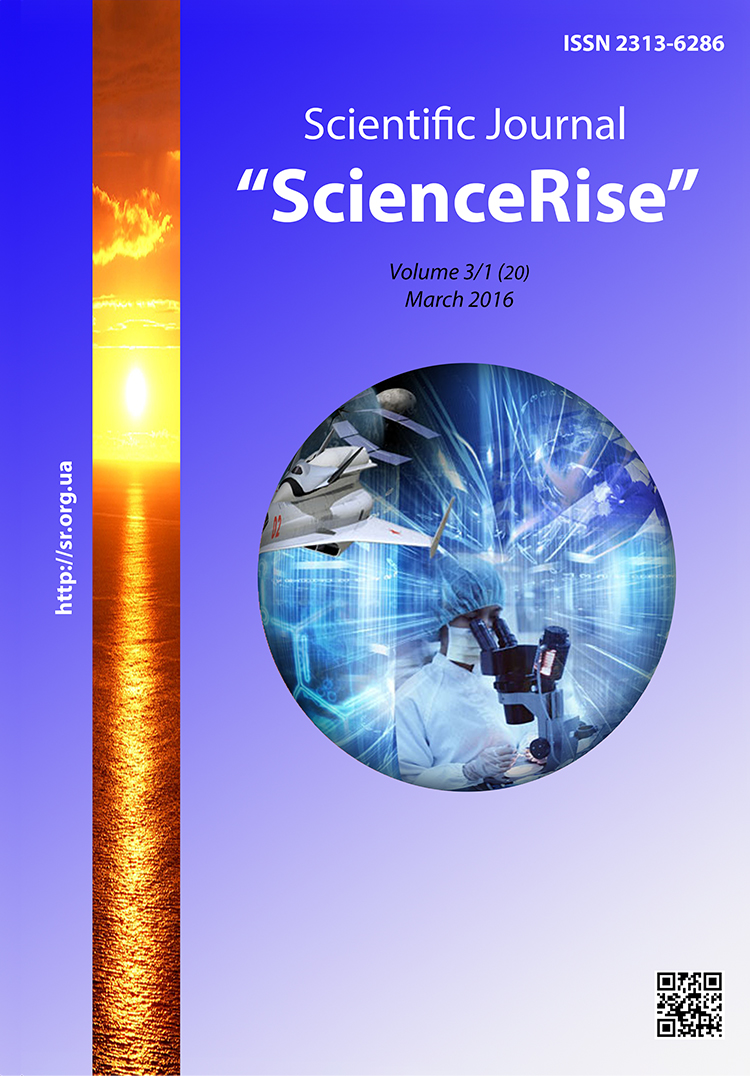Ситуація невизначеності перехідного періоду розвитку суспільства як психологічна умова формування професійної компетентності майбутнього психолога
DOI :
https://doi.org/10.15587/2313-8416.2016.64455Mots-clés :
ситуація невизначеності, професійна компетентність, толерантність до невизначеності, інтолерантність до невизначеностіRésumé
У статті розглянуто психологічні особливості ситуації невизначеності. Розкрито суть та основні структурні складові ситуації невизначеності (когнітивний, емоційний і вольовий компоненти). Розкрито зміст толерантності до невизначеності як здатності витримувати емоційну напругу кризових, проблемних ситуацій. Визначено роль ситуації невизначеності у розвитку особистості майбутнього психолога та реалізації їх творчого потенціалу. Розглянуто ситуацію невизначеності як одну із можливих умов формування професійної компетентності майбутнього психолога в умовах сучасного динамічного суспільства
Références
Shneyder, L. B. (2004). Professyonalnaia ydentychnost: teoryia, эksperyment, trenynh [Profesiyna identychnistʹ: teoriya, eksperyment, treninh]. Voronezh: MODEK, 600.
Kochyunas, R. (1999). Osnovyi psihologicheskogo konsultirovaniya [Fundamentals of psychological counseling]. Moscow: Academic Project, 78.
Lukovitskaya, E. G. (1998). Sotsialno-psihologicheskoe znachenie tolerantnosti k neopredelennosti [Socio-psychological value of tolerance to uncertainty]. Stankt-Petersburg, 36.
Looshin, P. V. (2013). Ekologicheskaya pomosch v perehodnoy period: ekofasilitatsiya [Environmental aid in the transition period: ekofasilitatsiya]. Kyiv, 296.
Gusev, A. I. (2007). K probleme izmereniya tolerantnosti k neopredelennosti [To measure the problem of tolerance to uncertainty]. Practicality psihologіya that sotsіalna robot, 1, 25–32.
Belinskaya, E. P. (2009). Sovladanie kak sotsialno-psihologicheskaya problema [Coping as a social and psychological problem]. Psychological research: electron. zh., 1 (3).
Poddiakov, A. N.; Bolotova, A. K. (Ed.) (2007). Neopredelennost v reshenii kompleksnyih problem [The uncertainty in the solution of complex problems]. Moscow: Gos. un-t – Vysshaja shkola jekonomiki, 177–193.
Galin, A. L. (2001). Psihologicheskie osobennosti tvorcheskogo povedeniya [Psychological characteristics of creative behavior]. Novosibirsk, 346.
Khoroshavina, S. G. (2005). Kontseptsii sovremennogo estestvoznaniya: kurs lektsiy. Rostov-na-Donu: Feniks, 480.
Lotman, Y. (1993). Mehanizmyi Kulturyi [Mechanisms of culture]. Vol. 3. Tallinn: Alexander, 327–344.
Kondrashihіna, O. A. (2014). Harakternyie priznaki, urovni i formyi konstruktivnoy aktivnosti v usloviyah neopredelenosti [Characteristic features, levels and forms of constructive activity in the conditions of uncertainty]. Prospects of science and education, 2 (8), 158–162.
Zinchenko, V. P. (2007). Tolerantnost k neopredelennosti: novost ili psihologicheskaya traditsiya? [Uncertainty avoidance: news or psychological tradition?]. Questions of psychology, 6, 3–20.
Soldatov, H. W. (2003). Prakticheskaya psihologiya tolerantnosti, ili kak sdelat tak, chtobyi zazvuchali luchshie strunyi chelovecheskoy dushi? [Practical Psychology tolerance, or how to make the best sounded strings of the human soul?]. Century tolerance. Scientific and journalistic Gazette, 6, 60–78.
Nesterov, N. V. (2006). Mnogoobrazie podhodov k ponimaniyu tolerantnosti [Variety of approaches to the understanding of tolerance]. Applied psychology and psychoanalysis, 4, 39–43.
Soldatova, G. U., Shaygerovoy, L. A. (Eds.) (2008). Psycho tolerance personality. Moscow: Meaning, 172.
Téléchargements
Publié-e
Numéro
Rubrique
Licence
(c) Tous droits réservés Наталія Василівна Перегончук 2016

Cette œuvre est sous licence Creative Commons Attribution 4.0 International.
Our journal abides by the Creative Commons CC BY copyright rights and permissions for open access journals.
Authors, who are published in this journal, agree to the following conditions:
1. The authors reserve the right to authorship of the work and pass the first publication right of this work to the journal under the terms of a Creative Commons CC BY, which allows others to freely distribute the published research with the obligatory reference to the authors of the original work and the first publication of the work in this journal.
2. The authors have the right to conclude separate supplement agreements that relate to non-exclusive work distribution in the form in which it has been published by the journal (for example, to upload the work to the online storage of the journal or publish it as part of a monograph), provided that the reference to the first publication of the work in this journal is included.

